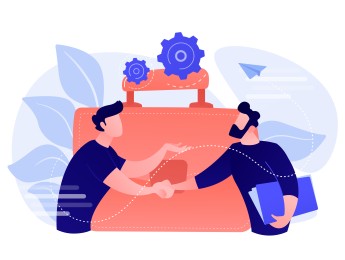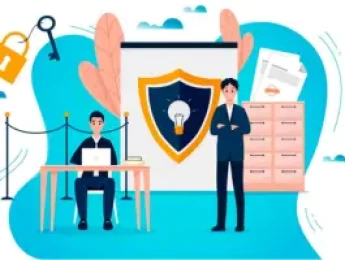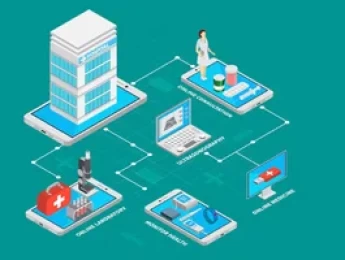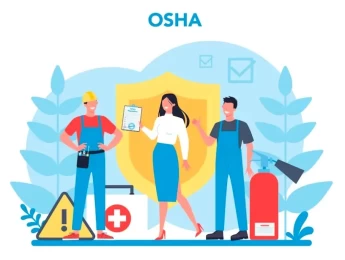Across any business, both parties will always have contractual obligations and agreements that must be met. While these will be initially agreed upon, circumstances may arise that may mean one party cannot meet these obligations.
Unfortunately, this could lead to disputes and even legal action should the relationship between the parties break down. When this situation occurs, it's important to understand where you and your company stand regarding negotiating a new, more mutually beneficial contract or how to move forward for a more formal resolution.
Dispute resolution could take the form of arbitration or mediation, and it’s important to understand both of these concepts and their processes to make them beneficial. It’s also essential to distinguish between the theory and what happens in practice and upskill in your personal negotiation and communication techniques to allow for the best possible outcome.
Upon completion of this course, participants will be able to:
- Understand various methods of dispute resolution.
- Develop your negotiation techniques to achieve a positive outcome.
- Mediate and suggest mutually beneficial resolutions.
- Assess effective conflict reduction and resolution methods.
- Utilise negotiation techniques to avoid issues further down the line.
- Evaluate the potential risks and problem areas within contracts to mitigate problems.
- Lead constructive discussions to create effective journey maps for the future.
- Resolve problems using effective communication skills before taking formal action.
- Understand biases and barriers that may prevent both parties from meeting their contractual obligations.
This course is designed for anyone who must negotiate a contractual agreement or make changes to avoid a breakdown in the organisation-to-client relationship. It would be most beneficial for:
- Business Owners
- Directors
- Legal Professionals
- HR Personnel
- Account Managers
- Financial Directors
- Sales Managers
- Operations Directors
- Operations Managers
This course uses various adult learning methods to aid full understanding and comprehension. Participants will view various versions of contracts and conduct group discussions to determine how agreements should work. They will participate in role-playing exercises to develop strong communication and negotiation techniques and study formal negotiation routes via real-world case studies.
Participants will then review their own organisations and discuss ways to improve communication or include a goal of continuous improvement and service development in future agreements that will benefit both parties.
Day 5 of each course is reserved for a Q&A session, which may occur off-site. For 10-day courses, this also applies to day 10
Section 1: Setting Your Agreement
- Understanding your business needs.
- What can you guarantee to your client?
- Winning a bid and a successful offering.
- Discuss operational changes within your gift.
- Deciding on continuity plans.
- Discussing risk areas.
- Drafting a winning proposal.
- Looking to the future - where do you want your relationship to go?
Section 2: Understanding Your Contractual Obligations
- How to understand your contractual obligations.
- Understanding the best course of action for negotiation.
- Building a successful negotiation team.
- Establishing your commitments.
- How to delegate to the most relevant party.
- Using employee strengths to meet contractual obligations.
- Financial obligations and incentives.
- Developing an open discussion.
Section 3: Preparation & Setting Goals
- Managing goals for multiple parties.
- The key stages of planning and preparation.
- Setting expectations within your remit.
- Report management and how to prove compliance.
- Project planning roadmaps.
- Reviewing your progress and auditing your plans.
- Scorecards, SLAs, and KPIs to monitor progress.
Section 4: Advanced Communication Techniques
- Understanding the emotions of the other party.
- Managing expectations.
- Influencing and persuasion techniques.
- Body language and the importance of emotional intelligence.
- Remote and non-verbal communication methods - the benefits of having everything in writing.
- Managing conflicting priorities.
- Informal negotiation techniques.
- Recognising and managing disruptive behaviour.
- Asking for additions after the contract is signed.
Section 5: Mediation & Arbitration
- Mediation aspects, forms, and techniques.
- Preparing your defense.
- Attending a litigation trial.
- Arbitration commitments and making changes.
- The various dispute resolution possibilities and best-case scenarios.
- Legal implications of losing a dispute.
- Record your dispute formally and explain how this works.
- Moving forward after a dispute.
- Rebuilding a professional relationship.
Upon successful completion of this training course, delegates will be awarded a Holistique Training Certificate of Completion. For those who attend and complete the online training course, a Holistique Training e-Certificate will be provided.
Holistique Training Certificates are accredited by the British Assessment Council (BAC) and The CPD Certification Service (CPD), and are certified under ISO 9001, ISO 21001, and ISO 29993 standards.
CPD credits for this course are granted by our Certificates and will be reflected on the Holistique Training Certificate of Completion. In accordance with the standards of The CPD Certification Service, one CPD credit is awarded per hour of course attendance. A maximum of 50 CPD credits can be claimed for any single course we currently offer.
- Course Code PO5-103
- Course Format Classroom, Online,
- Duration 5 days













